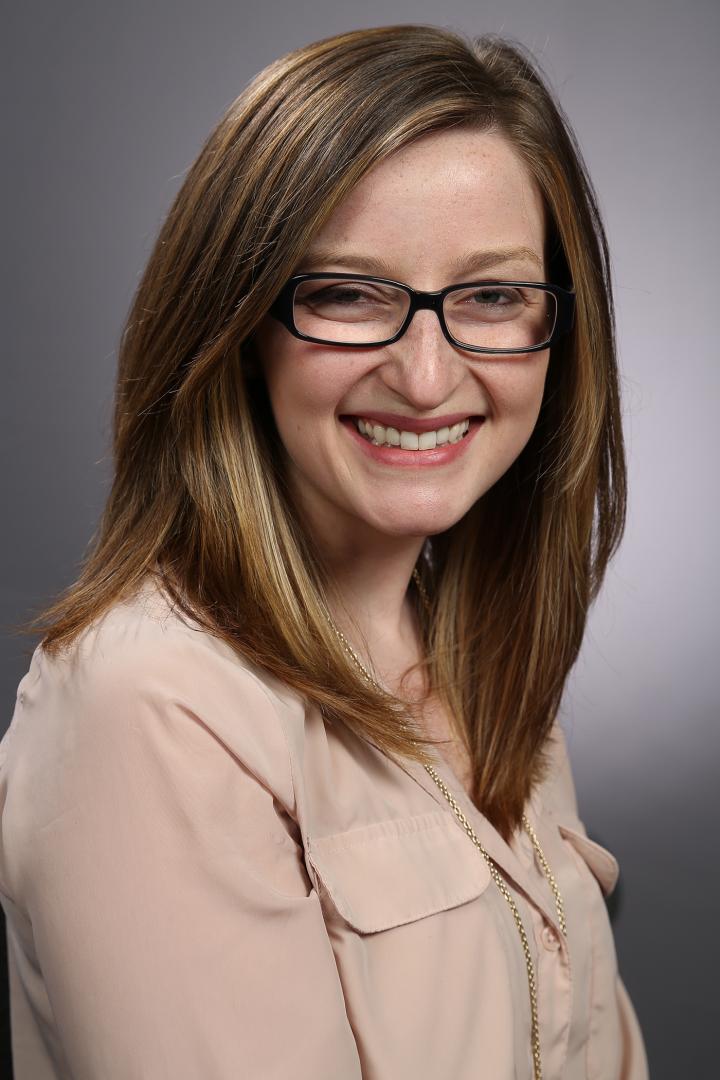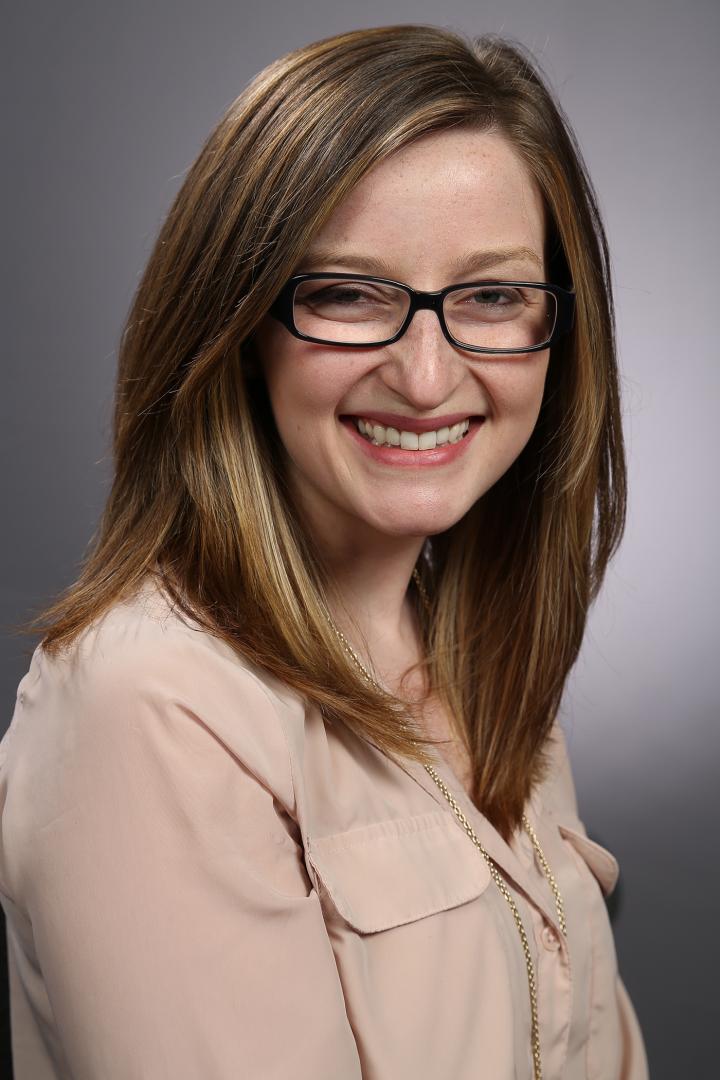
IMAGE: Carolyn Lauckner is an assistant professor in the University of Georgia's department of health promotion and behavior.
Credit: Brian McCarthy
Athens, Ga. – Loved ones of cancer patients are likely to search for further information about the disease online but less inclined to seek emotional support from social media forums, according to a University of Georgia study published recently in the journal Computers, Informatics, Nursing.
Individuals frequently suffer negative psychological and emotional effects when the people they care about are diagnosed with cancer. It is fairly common for loved ones of cancer patients to develop depression or anxiety disorders as a result of the diagnosis, but there aren't many studies focusing specifically on cancer patients' caregivers and family members, said the study's author, Carolyn Lauckner.
"I think sometimes the loved ones and caregivers get forgotten about," she said. "And that's why I wanted to research this population to see if there are ways that we can better support these individuals."
Lauckner, an assistant professor in the College of Public Health's department of health promotion and behavior, surveyed 191 people whose loved ones were diagnosed with cancer in the past year or who were currently acting as caregivers to someone with cancer.
The motivation behind the research was personal for Lauckner.
"I went through a period of time where I had three loved ones diagnosed within a short amount of time," she said. "I had these experiences where I heard about the diagnosis and I would go online to look it up, and then I would immediately become terrified and freak out about all the stuff I read online."
More than three-quarters of participants searched online for information on a loved one's disease. Most looked for treatment options, prevention strategies and risk factors, and prognosis information.
"I was pleasantly surprised by the amount of people who said that they were looking for prevention information online and detection information because that shows that not only are they concerned for their loved one but they're also concerned about how they themselves can avoid cancer, which from a public health perspective is great," Lauckner said.
Respondents were less inclined to view blogs or go online to hear about others' cancer experiences. These kinds of sites were linked to negative emotions for participants, such as fear, sadness and anger.
"A lot of people, especially in the cancer realm, they will use blogs or discussion posts to vent and to talk about the harsh realities of living with an illness," she said. "And while I think that that is beneficial for both the person who is writing it and potentially for some people who want an idea of what to expect, when someone is dealing with the prospect of their loved one having to go through that experience, it can be extremely distressing.
"You're only getting a snapshot of what that person's cancer experience was like, and you may be seeing the snapshot of the worst day that they had" on blogs and discussion boards.
The most commonly visited websites were those of charitable organizations like the American Cancer Society, which were associated with positive emotions. Lauckner said she found this information encouraging because it shows that the participants were consulting reliable sources of information and not being swayed by personal accounts as much.
Lauckner ultimately wants to build on the information gleaned in this study to determine the most effective use of social media and technology to distribute cancer prevention and risk reduction messages to the public.
###
The study, "The Effects of Viewing and Preferences for Online Cancer Information Among Patients' Loved Ones," is available online at http://www.ncbi.nlm.nih.gov/pubmed/26636409.
The study received funding from an internal research grant from Michigan State University's College of Communication Arts and Sciences.
Media Contact
Stephanie Schupska
[email protected]
706-542-6927
@universityofga
http://www.uga.edu






